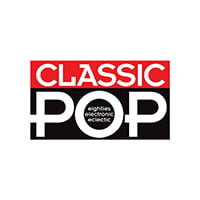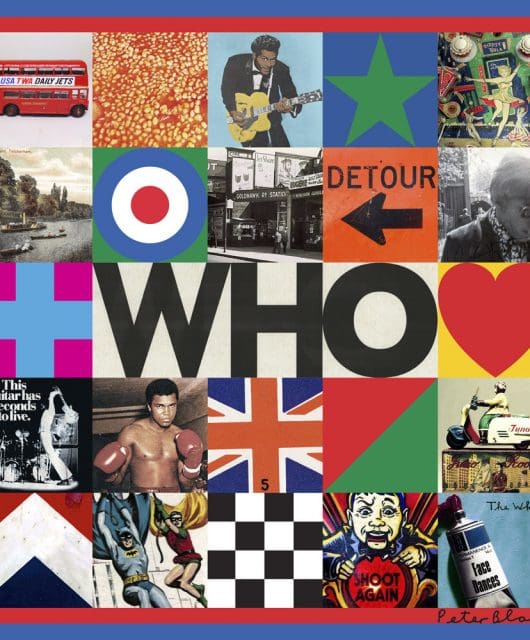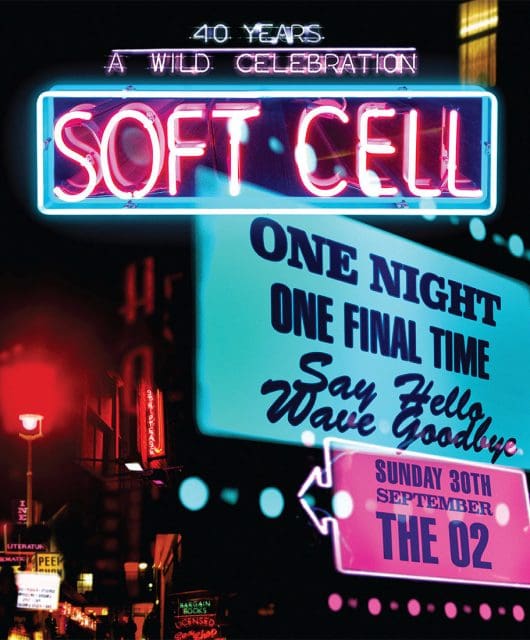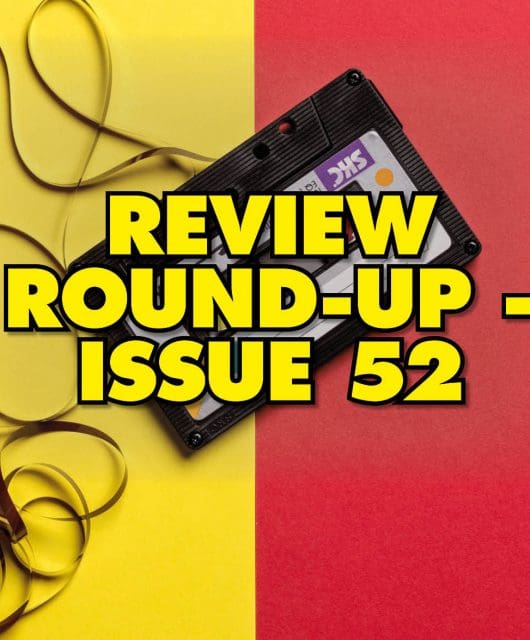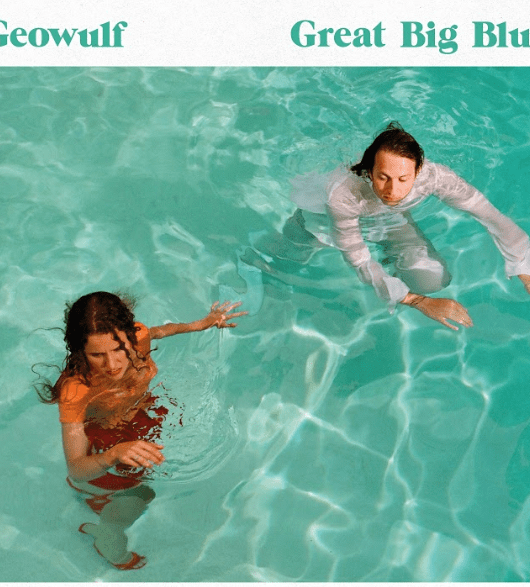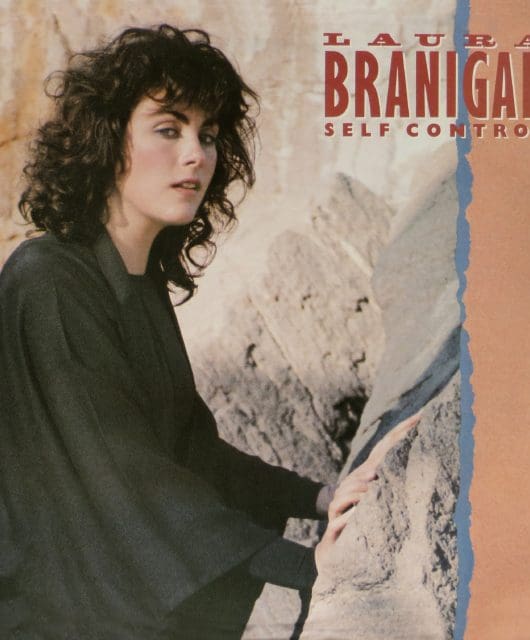Rupert Holmes – Songs That Sound Like Movies review
By Classic Pop | March 28, 2018
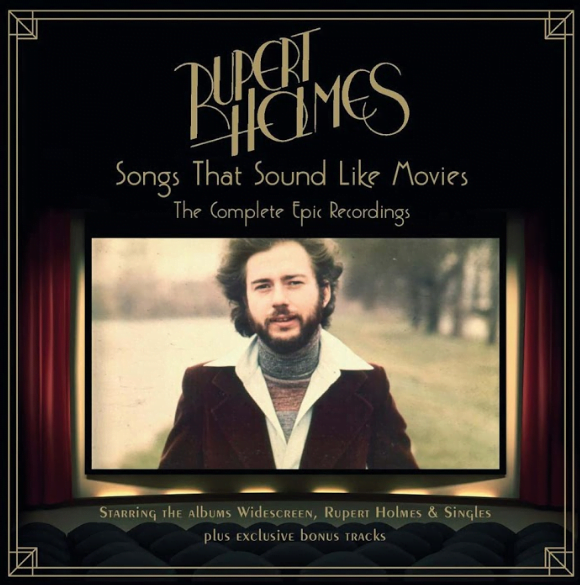 Rupert Holmes is a British- American tunesmith largely remembered – or despised – for his somewhat anomalous 1979 hit single, Escape (The Piña Colada Song), probably because listeners assumed he was the creepy lothario portrayed in the lyric.
Rupert Holmes is a British- American tunesmith largely remembered – or despised – for his somewhat anomalous 1979 hit single, Escape (The Piña Colada Song), probably because listeners assumed he was the creepy lothario portrayed in the lyric.
Actually, he’s a sweetly acerbic, melodic singer- songwriter with a gift for lush queasy-listening arrangements that would lend themselves well to Broadway (for which he has written plays), sitcoms (he started out penning songs for everyone from Barbra Streisand to The Partridge Family) and films (hence this collection’s title).
Think of him as Ben Folds’ bearded uncle, a purveyor of Steely Dan-ish sophisti-pop, or a Woody Allen (“Life’s a constant disappointment,” he sings on the title track to Widescreen, one of three early-to-mid-70s albums collected here) with a penchant for soft pop just the right side of cheesy.
Holmes is an underrated, superior schlockmeister on a par with Barry Manilow, Randy Edelman, Dean Friedman, Andrew Gold, Christopher Cross and Paul Williams. His songs really are beautifully, adroitly observed: his other big hit, 1980’s Him, features a riveting circular chord sequence and a wonderfully poignant lyric that reads like a three-minute play.
Escape (The Piña Colada Song) and Him remain his only two UK hits, but his three 70s albums for Epic – Widescreen (1974), Rupert Holmes (1975) and Singles (1976) – include plenty of other should-have-been monsters.
It’s the sort of expertly puréed daytime ambrosia mainstream radio used to spoon- feed the nation before they went “hip”. In fact, older readers may remember, from car journeys as a kid, the likes of Who, What, When, Where, Why (a mellifluously groovy single that failed to chart) and the bittersweet Terminal. I Don’t Want To Hold Your Hand is a brilliant inversion of the Beatles song.
“This is music for adults past the teen romance stage and onto the ennui and stasis of adulthood: it almost makes you want to grow up and become a sad divorcé.” – Paul Lester
The lyric to Widescreen,“There are songs that sound like movies”) lends this collection its name, while the music is at least half a decade ahead of its time, in terms of production smarts. “Do I look like Steve McQueen?” he sings. No, he looks like a nebbish accountant, but he can craft a mean, MOR ballad. Melancholy- MOR, which is even better.
